
He Weiwen, Senior Fellow, Center for China and Globalization, CCG
Dec 22, 2025
It is highly anticipated that even with a continued mix of tensions and collaboration, 2026 will see more of the positive and less of the negative, thus benefiting the people of both countries and the world at large.
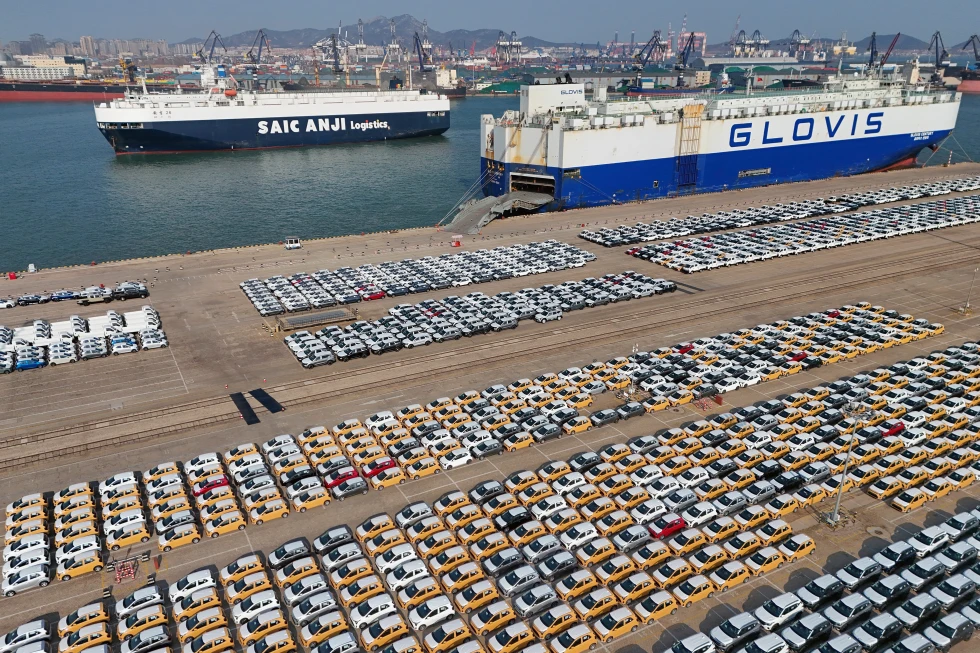
Ghulam Ali, PhD, Monash University, Australia
Dec 18, 2025
Two separate announcements tell how Trump’s tariffs left China’s exports unscathed while quietly taxing American households.
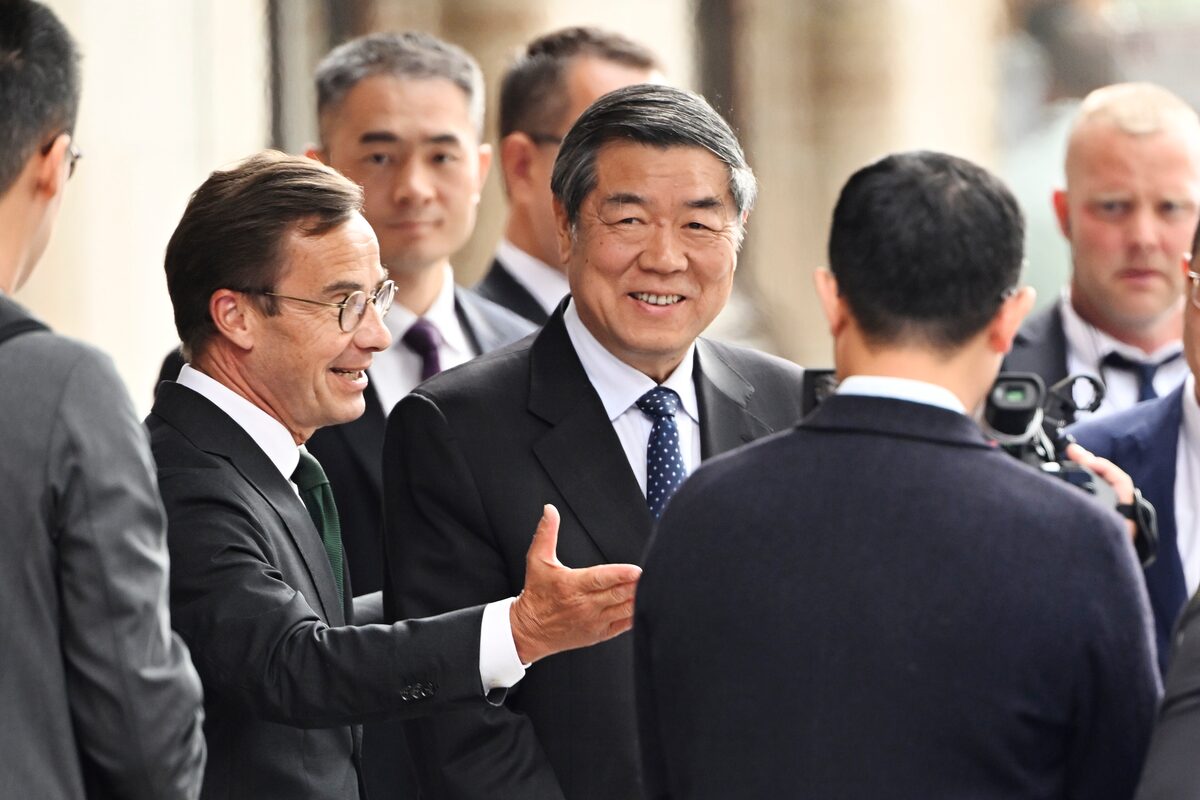
Yu Xiang, Senior Fellow, China Construction Bank Research Institute
Nov 21, 2025
In an era marked by trust deficits at the national level, individual businesses have emerged as key vehicles for pragmatic coexistence. Their fundamental rationality may make them, under certain conditions, the only entities capable of maintaining equilibrium.

Zhou Xiaoming, Former Deputy Permanent Representative of China’s Mission to the UN Office in Geneva
Nov 21, 2025
High import duties on Chinese goods have become the new normal for the United States. While there’s lots of talk about renewed stability with China after the presidents met in South Korea, but the world’s two largest economies appear to be learning how to live apart.
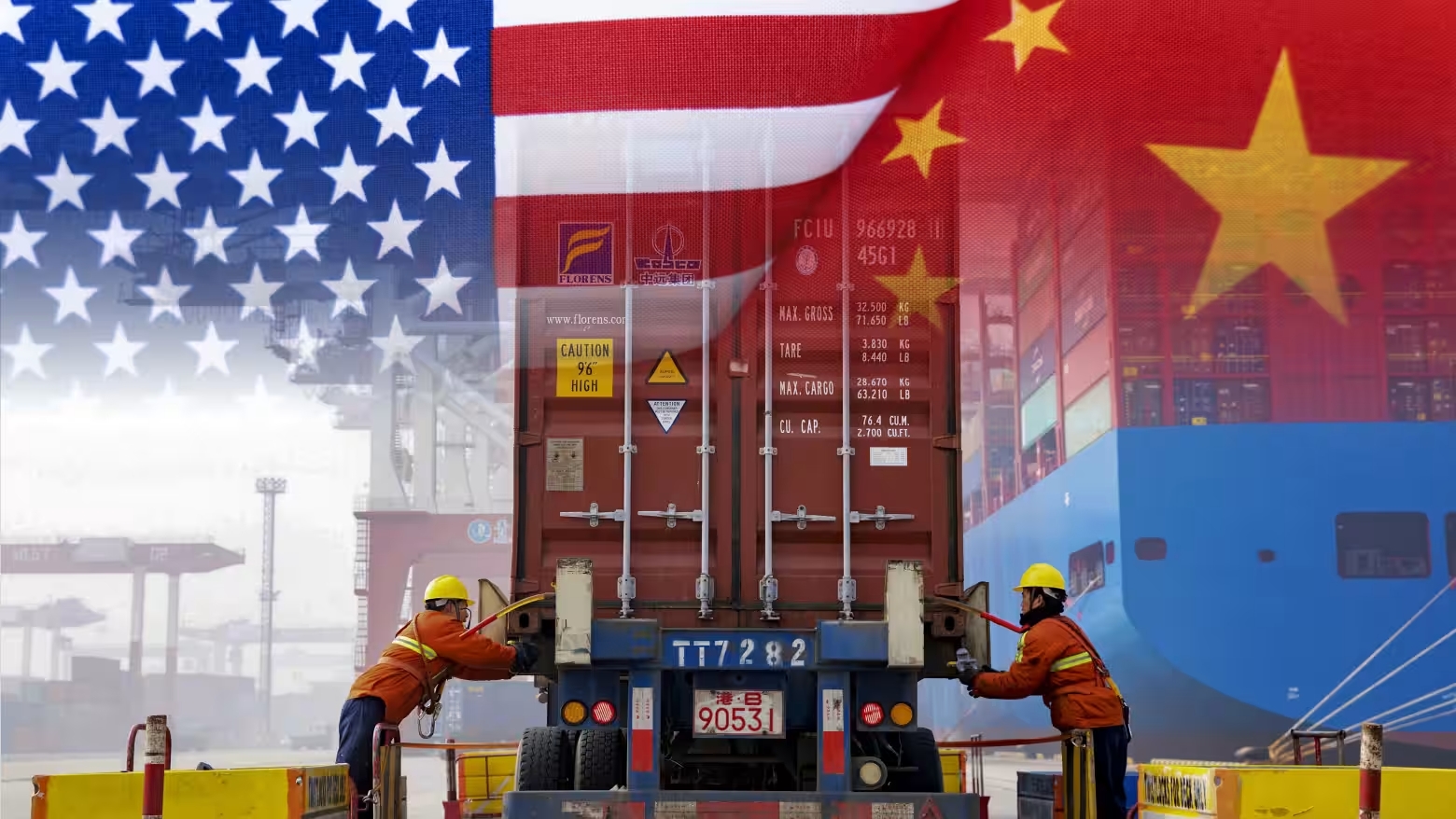
Warwick Powell, Adjunct Professor at Queensland University of Technology
Nov 10, 2025
In the geopolitical theater of 2025, the United States’ trade posture toward China exemplifies a pattern of escalating threats that yield diminishing strategic returns.
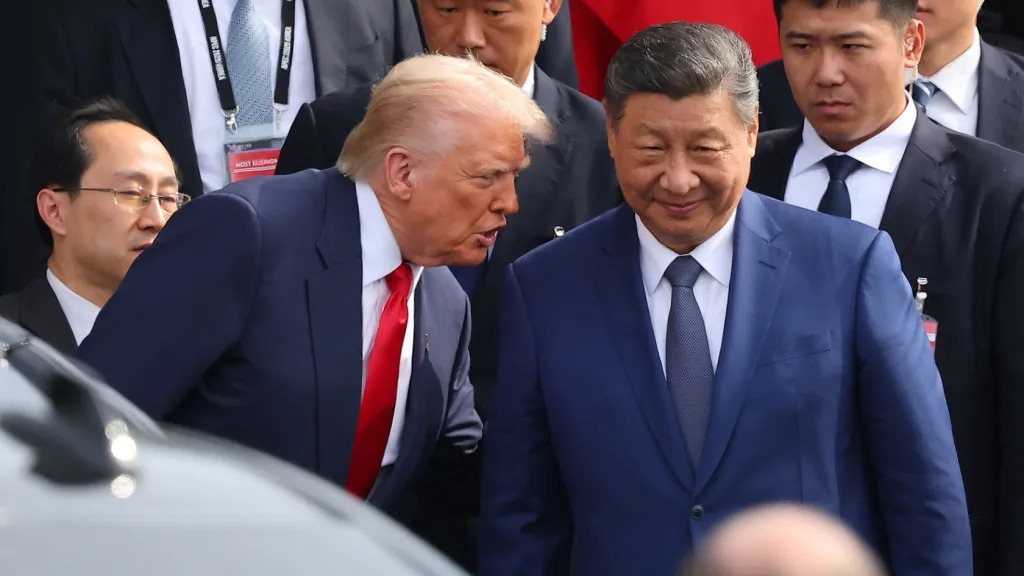
David Shambaugh, Gaston Sigur Professor and Director of China Policy Program at George Washington University, Distinguished Visiting Fellow at Hoover Institution of Stanford University
Nov 03, 2025
The first in-person meeting between Presidents Trump and Xi in six years focused almost exclusively on trade and technology, resulting in a temporary rollback of tariffs and export restrictions but producing no new agreements or progress on broader security or geopolitical issues. The meeting largely served to stabilize U.S.-China relations and decrease tensions, with both leaders agreeing to reciprocal visits in 2026 for further discussions, effectively “kicking the can down the road” on deeper bilateral challenges.
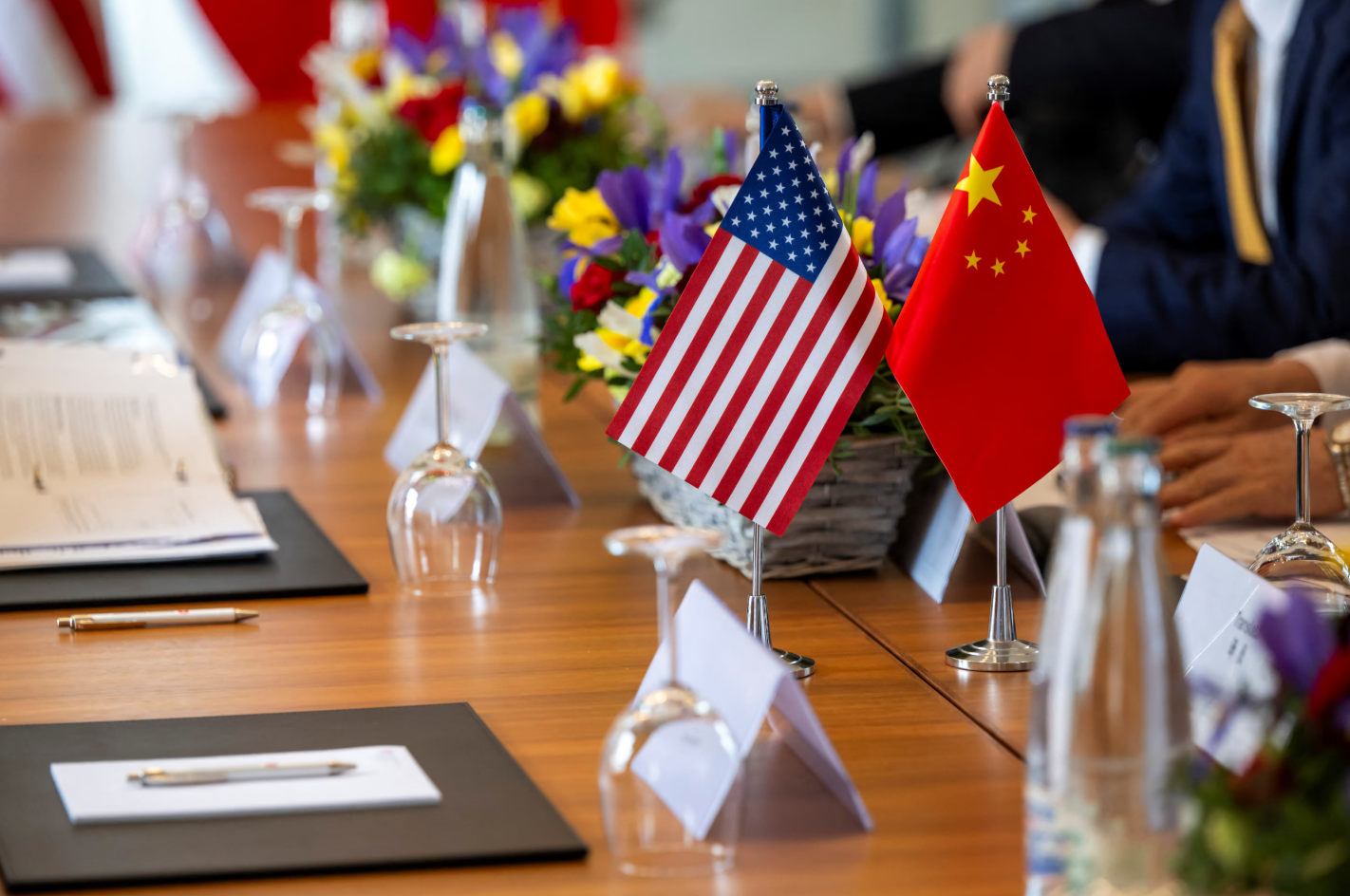
Warwick Powell, Adjunct Professor at Queensland University of Technology
Oct 27, 2025
John Maynard Keynes’ The Economic Consequences of the Peace (1919) remains one of the most prescient critiques of postwar settlement in modern history. In it, Keynes warned that victory can hollow itself out when the victors lose their sense of humility. The punitive reparations imposed upon Germany after World War I, he argued, sowed the seeds for future instability by humiliating and impoverishing a nation that, once stripped of dignity and hope, would not long consent to the order imposed upon it. His insight was both economic as well as moral and political: sustainable peace requires magnanimity, not vengeance; it presupposes an architecture of inclusion, not one of exclusion. In today’s parlance, it rejects blocs aimed at those outside and seeks to ground relations in the idea of indivisible peace.
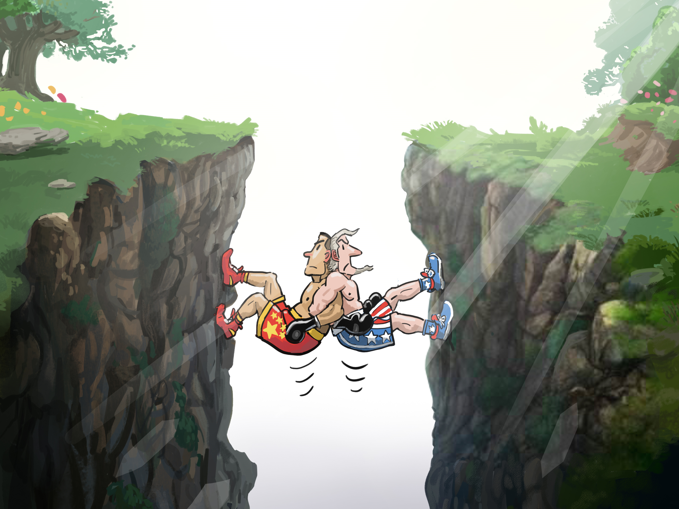
Christopher A. McNally, Professor of Political Economy, Chaminade University
Oct 10, 2025
After months of escalating tariffs and retaliatory measures, China and the United States have reached a fragile truce that has begun to stabilize their trade and technology relationship. While tensions over chips, rare earths, and agricultural exports persist, both sides now recognize their mutual vulnerability, creating a cautious but potentially durable détente rooted in economic deterrence rather than dominance.
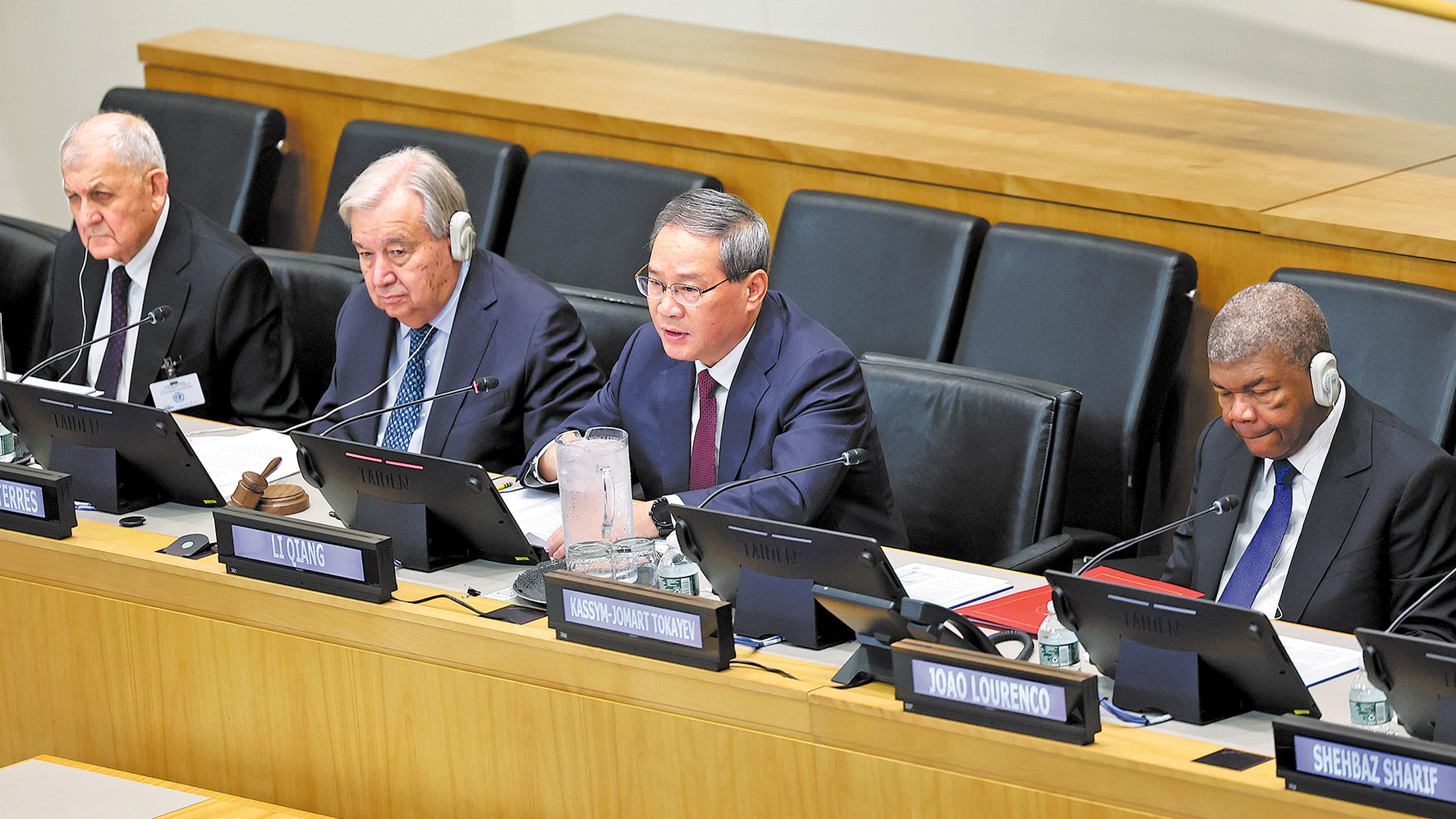
He Weiwen, Senior Fellow, Center for China and Globalization, CCG
Oct 09, 2025
China’s decision to forgo special rights in the WTO shows that it takes its great power responsibility seriously. It wants to advance trade cooperation with developed economies and with Global South. A trade upturn with the United States in 2026 is much anticipated.

Sun Chenghao, Fellow, Center for International Security and Strategy of Tsinghua University; Munich Young Leader 2025
Sep 01, 2025
Whether the dream is making America great again or the great rejuvenation of the Chinese nation, the aspirations of the two countries’ respective peoples for a better life should drive every decision. Neither people will succeed without a sound external environment. Slogans are not enough.
Back to Top

- China-US Focus builds trust and understanding between the U.S. and China through open dialogue among thought leaders.
- Our Offerings
- Topics
- Videos
- Podcasts
- Columnists
- Research Reports
- Focus Digest
- Stay Connected
-
Thanks for signing up!
- Get the latest stories from China-US Focus weekly.